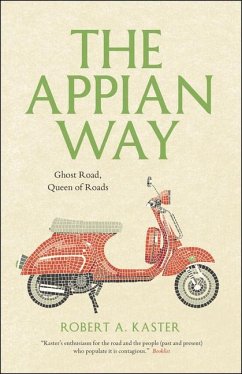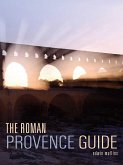Named after Appius Claudius Caecus, a Roman censor who built the first section in 312 BCE in order to move troops to the south during the Samnite Wars, the road served both Rome s military and its provincial citizenry, providing a way for them to travel to and from the capital for business, politics, and religious pilgrimages. For centuries carts and wagons laden with produce and rare merchandise rumbled along the Via Appia. Tiny towns sprang up alongside, as did inns, spas, markets, and lavish monuments. Even today, as one travels the road, one encounters the magnificent ruins of tombs, memorials, villas, and temples erected by Rome s elite."







